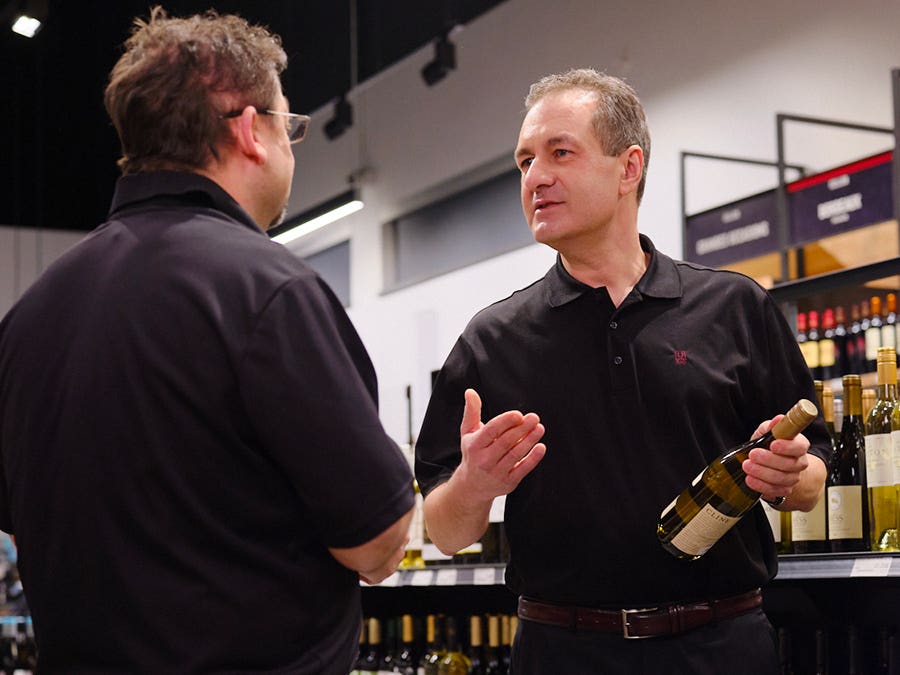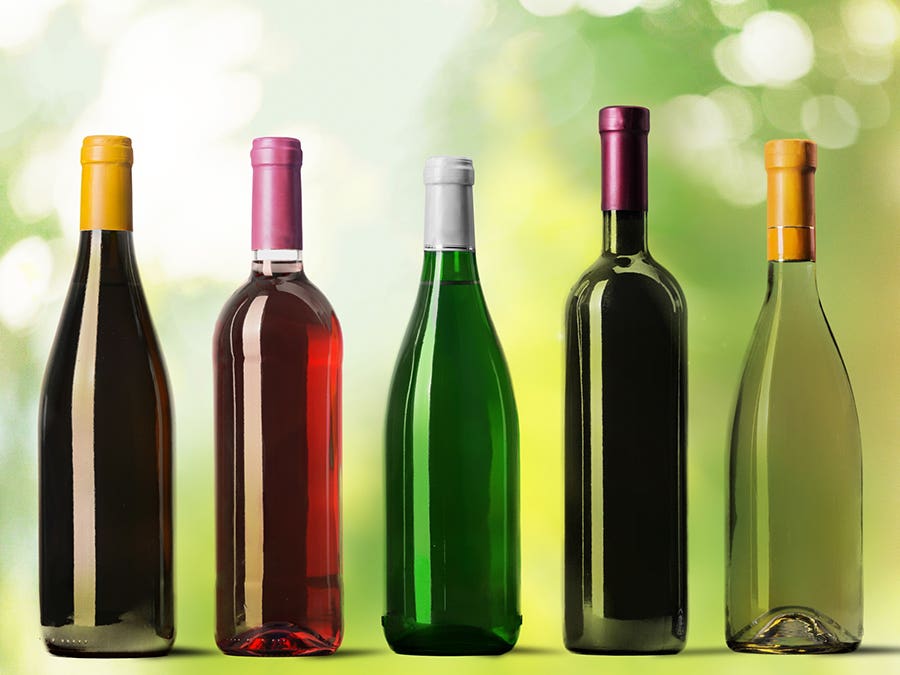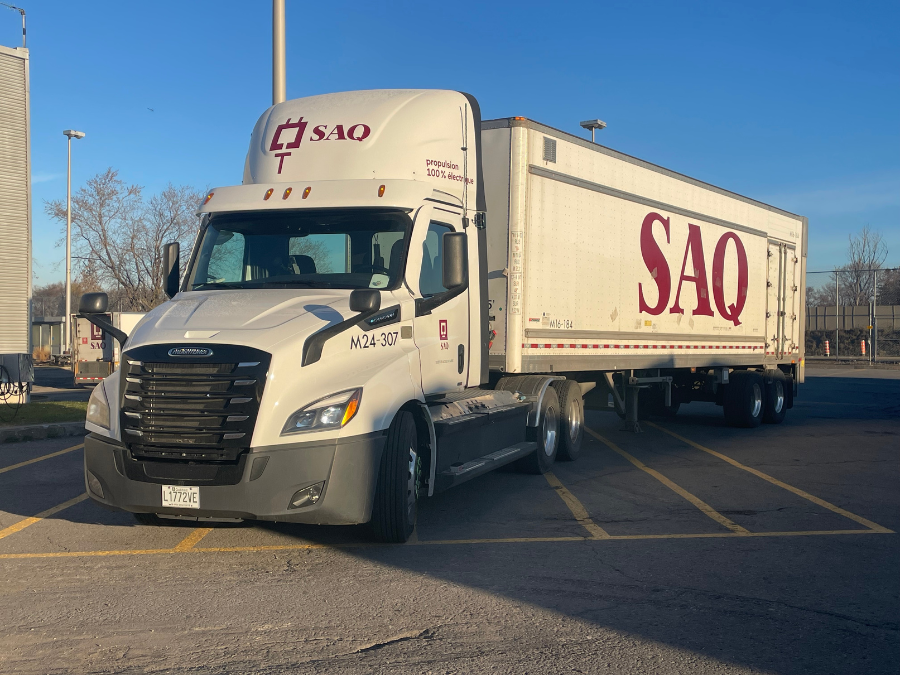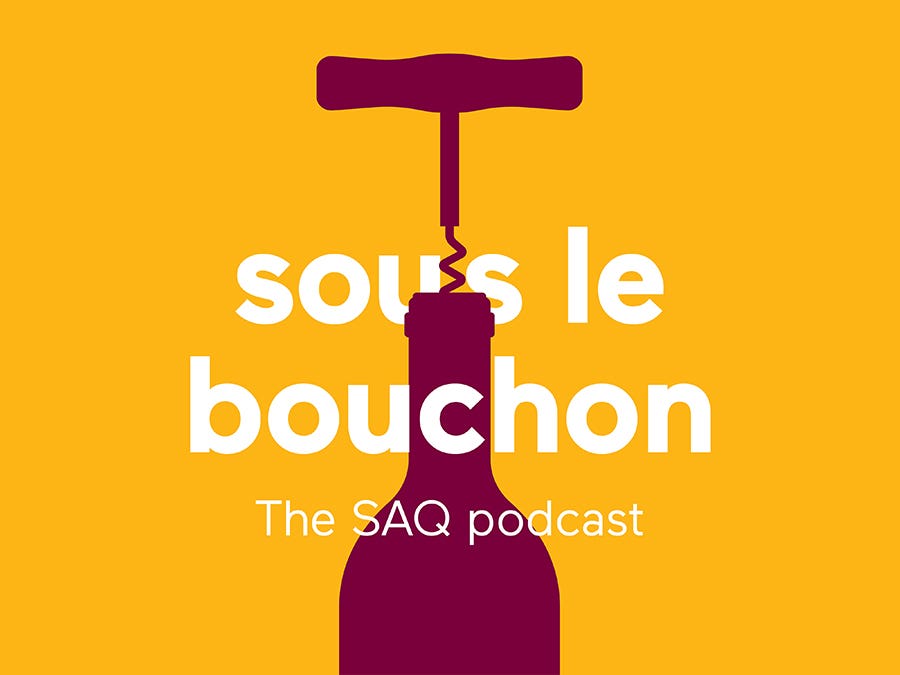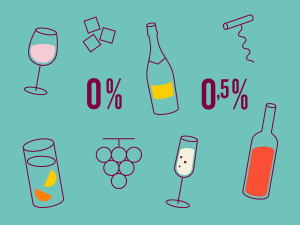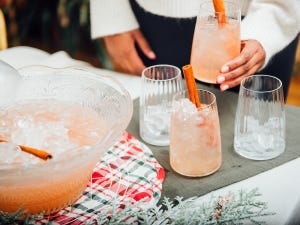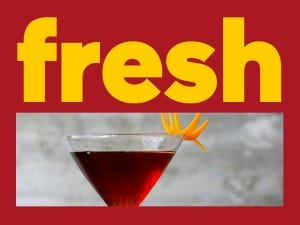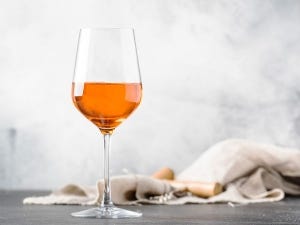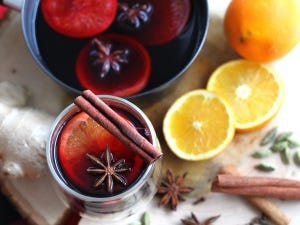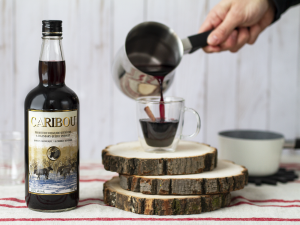1- Choose an organic wine
Certified organic wines are made using farming practices that are earth-friendly, don’t involve chemical or artificial substances and have been validated by an accredited body. All that’s left for you to do is pick your favourite grape variety. To help you find these products even if you aren’t familiar with the logos of the recognized certifications, we’ve given them an identifier.


2- Explore eco-responsible containers
Guesstimating bottle weights and choosing the lightest is one way to pick a product with a smaller carbon footprint. Think about it: 70 grams less glass per bottle times 12 bottles per case times 70 cases per pallet times dozens of pallets adds up and it requires less fuel to ship. Here’s a tip to increase your chances of finding a wine in a lightweight glass bottle: at the SAQ, 90% of the products sold for $25 or less meet the criterion.
Several products also come in alternative containers with a smaller carbon footprint. Unfortunately, we often look down on wines packaged in multilayer containers and aluminum cans. And yet, they are the more planet-friendly options and don’t affect product quality. There’s really no reason to give them a pass.
3- Drink local
Quebec wines have the advantage of needing to travel fewer kilometres to get from the winery to your table. They’re also a great way to discover unfamiliar grape varieties adapted to our climate. Choosing an Origine Québec product also contributes to the economic vibrancy of our regions and supports local businesses. While they’re not grown here, Made in Québec and Bottled in Québec wines are an ecological alternative that also support the local economy. Look for the identifiers.
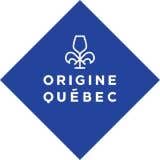

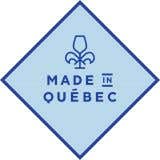

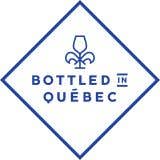

Two appellations have been reserved for Quebec products: the Vin du Québec protected geographical indication (PGI) and the Vin de glace du Québec PGI. Both recognize the special characteristics of wines made in vineyards rooted in our terroir.
4- Make it a topic of conversation
The next time you open a wine for your guests, impress them by mentioning its eco-responsible qualities, something they may not have thought about. It’s another great way to share your discoveries!
Learn more about the SAQ's initiatives in the Sustainable Development section.
We recommend
-
Read more
The next time you visit an SAQ store, have some fun by hand-weighing a few wine bottles. You’ll quickly realize they don’t all weigh the same. Welcome to the world of lightweight glass, a more ecological form of packaging!
-
Read more
The fight against climate change is a major challenge and one that the SAQ has made a priority. That’s why we’ve adopted the ambitious goal of reaching zero greenhouse gas emissions for our vehicles and buildings by 2040.
-
Read more
Hard frosts, droughts, wildfires – the warming climate is having an impact on wine growing worldwide. What does it all mean for wine quality and variety and the prices of the products on our shelves?
 Access to SAQ Inspire personalized services and store inventories are unavailable at the moment.
Access to SAQ Inspire personalized services and store inventories are unavailable at the moment. Free in-store delivery with purchases of $75+ in an estimated 3 to 5 business days.
Free in-store delivery with purchases of $75+ in an estimated 3 to 5 business days. 
